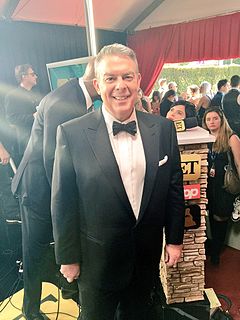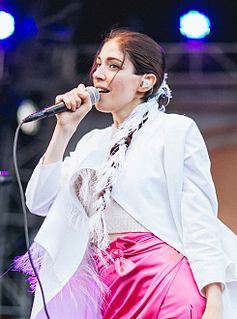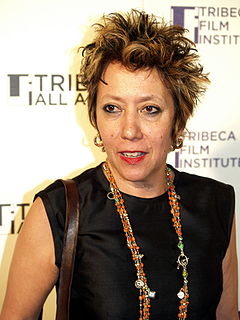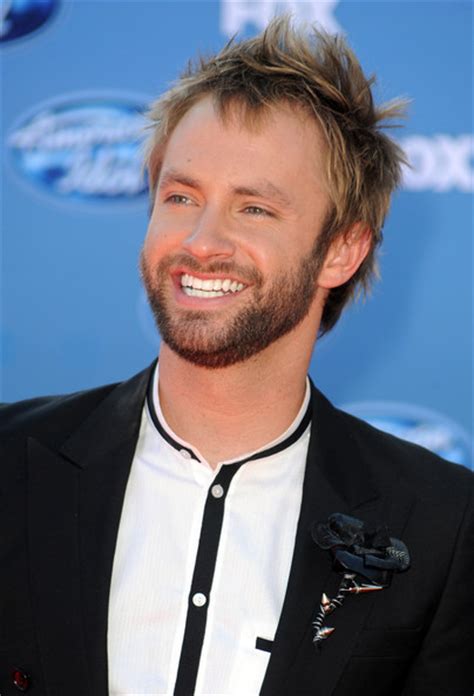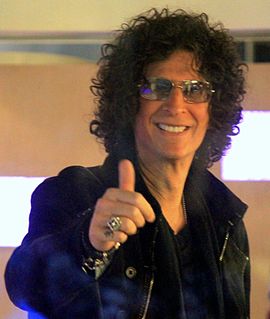A Quote by Jonathan Demme
When my generation, those early days of television - I know I've been thinking about this lately - my two flashes of me as a little boy. One, I'm standing in front of the radio freaking out that Nat King Cole's singing 'Lady of Spain', just this stuff coming out of the radio, and Guy Williams singing 'Wild Horses' coming out of the radio.
Related Quotes
When I was driving home after registration, I heard this song on the radio, a guy singing about not ever going to class in college and always hanging out and singing for his friends. I laughed and said, I can relate, because it was so much like me. I realized right then I would pull out of school and pursue a music career.
Television and radio are what I call sequential media; they're not simultaneous media. With simultaneous media, you can scan your eye down an electronic or print page and pick among six or seven stories you might like and want to read. With television and radio, you have to wait until the guy's finished talking about the balloon boy, which I don't have the slightest interest in, to find out that all hell's broken loose in Baghdad. Because they've chosen that day to start with the balloon boy.
I wrote 'Turn Your Radio On' in 1937, and it was published in 1938. At this time radio was relatively new to the rural people, especially gospel music programs. I had become alert to the necessity of creating song titles, themes, and plots, and frequently people would call me and say, 'Turn your radio on, Albert, they're singing one of your songs on such-and-such a station.' It finally dawned on me to use their quote, 'Turn your radio on,' as a theme for a religious originated song, and this was the beginning of 'Turn Your Radio On' as we know it.
'Boneless,' even though we were thinking about servicing it to radio, it made more sense putting a vocal on there. This was actually the first time that I really looked at doing a song for radio and kind of let go of some control and listened to a lot of different radio pluggers and had Ultra come in and help out with ideas.



